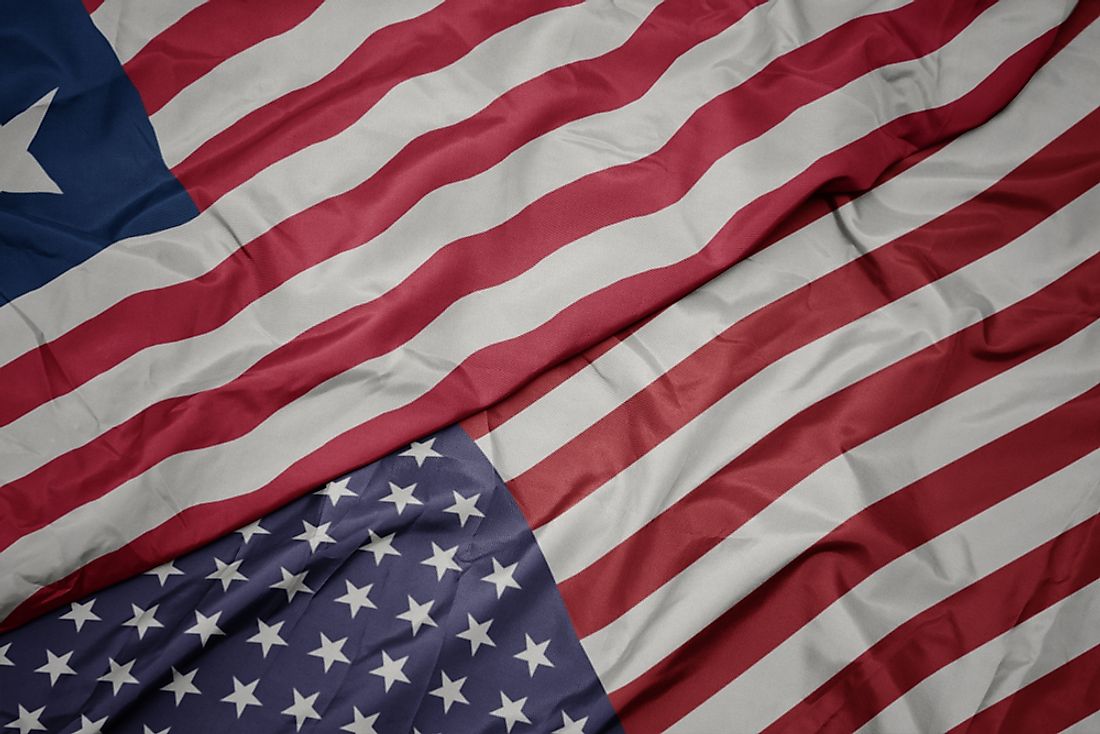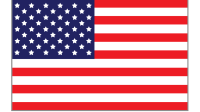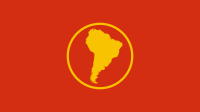
Flags Similar to the American Flag: Exploring Similarities and Influences
The American flag, also known as the Stars and Stripes or Old Glory, is an iconic symbol of the United States of America. Its distinct red, white, and blue stripes and 50 white stars on a blue field have become synonymous with the nation’s identity and history. However, there are several other flags around the world that bear striking similarities to the American flag, each with its own unique story and significance.
Horizontal Tribands and Stars
The most obvious similarity among these flags is the use of horizontal tribands, with the American flag serving as the archetype. This design is prevalent in many national flags, including those of France, Italy, Mexico, and Ireland. The tribands often represent distinct national values or ideals, such as liberty, equality, and fraternity in the case of France.
Another common feature is the inclusion of stars, which symbolize various concepts such as states, provinces, or regions. The American flag’s 50 stars represent the 50 states of the Union, while the 28 stars on the EU flag symbolize the 28 member states of the European Union.
Red, White, and Blue
The American flag’s color scheme of red, white, and blue has also been adopted by other flags. These colors often carry symbolic meanings associated with national identity or historical events. Red typically represents valor, white purity and innocence, and blue loyalty and justice.
The flag of Liberia bears the same color scheme as the American flag, although the stripes are arranged differently and the stars are positioned in a five-pointed star design. This similarity is attributed to Liberia’s founding by freed American slaves in the 19th century.
Other Influences
Beyond the shared elements of tribands and stars, other factors have influenced the similarities between the American flag and various other flags.
- Historical connections: Some flags, such as the Brazilian flag, have been inspired by the American flag due to historical interactions and alliances.
- Cultural exchanges: Flags can sometimes reflect cultural exchanges and cross-fertilization of ideas. For example, the flag of Chile incorporates elements of both the American flag and the flag of Spain.
- International organizations: The flags of international organizations, such as the United Nations and the Organization of American States, often incorporate elements from the flags of their member nations, including the United States.
Table of Flags Similar to the American Flag
| Country | Flag | Similarities |
|---|---|---|
| Liberia | Liberian flag | Red, white, and blue tribands; white stars |
| Chile | Chilean flag | White, blue, and red tribands; white star on blue square |
| Brazil | Brazilian flag | Green, yellow, and blue tribands; white stars |
| Argentina | Argentine flag | Light blue, white, and light blue tribands; yellow "Sun of May" |
| Uruguay | Uruguayan flag | Blue, white, and blue tribands; yellow "Sun of May" |
| Costa Rica | Costa Rican flag | Blue, white, and blue tribands; red stripe on white band |
| Peru | Peruvian flag | Red, white, and red tribands; coat of arms on white band |
| Paraguay | Paraguayan flag | Red, white, and blue tribands; national emblem on white band |
| Puerto Rico | Puerto Rican flag | Red, white, and blue tribands; white star on blue triangle |
| Dominican Republic | Dominican flag | White cross on blue field; red, white, and blue squares |
Frequently Asked Questions (FAQ)
1. Why are there so many flags similar to the American flag?
There are several reasons for this, including historical connections, cultural exchanges, and the influence of international organizations.
2. What is the oldest flag similar to the American flag?
The flag of Liberia, adopted in 1847, is the oldest known flag similar to the American flag.
3. Are any of these flags considered knock-offs or imitations?
While some flags may share similar elements, they are all distinct symbols of their respective nations and should not be considered mere imitations.
References





